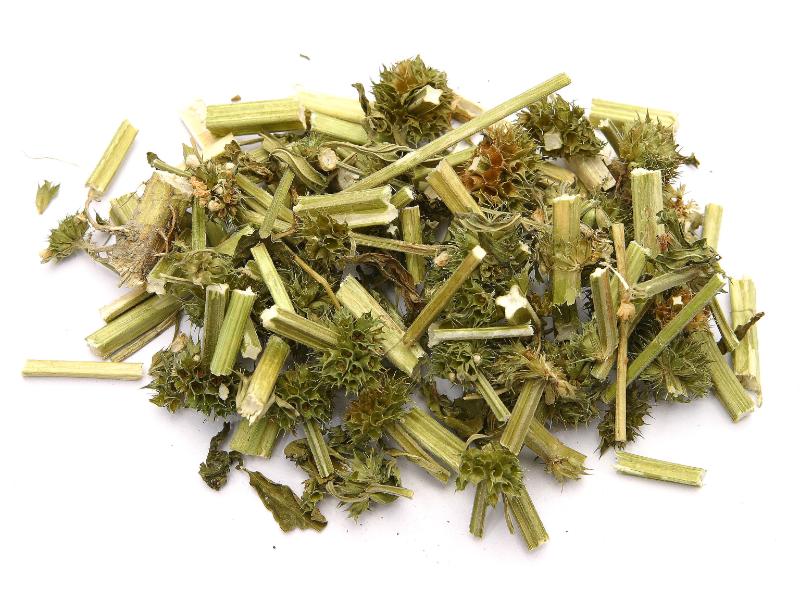Search in medicinals
Leonuri Herba
Leonurus
益母草 〔益母草〕 yì mǔ cǎo

Alternate English names: motherwort
Alternate Chinese names: 益母 yì mǔ; 益明 yì míng; 益母蒿 yì mǔ hāo; 红花益母草 hóng huā yì mǔ cǎo; 月母草 yuè mǔ cǎo
Kingdom: Plant
Origin in PRC Pharmacopoeia: Leonurus heterophyllus Sweet. (PRC Pharmacopoeia)
Origin in unofficial sources: Leonurus heterophyllus Sweet*; Leonurus sibiricus L.; Leonurus turkestanicus V. Krecz. et Kuprian.; Leonurus heterophyllus Sweet f. leucanthus C.Y. Wu et H.W. Li; Leonurus sibiricus L. f. albiflora (Miq.)
Use: Medicinal
Category: Blood-quickening stasis-transforming agents / Blood-quickening menses-regulating agents
Properties: Acrid, bitter; slightly cold.
Channel entry: Liver, heart, and bladder channels.
Actions and indications:
- Quickens the blood and regulates menstruation: Blood stagnation with menstrual pain, amenorrhea, inhibited menstruation, postpartum stasis obstruction abdominal pain, or persistent flow of lochia.
- Disinhibits water and disperses swelling: Water swelling, inhibited urination.
- Additional uses: Yì mǔ cǎo may be used externally to treat toxin swelling of welling-abscesses and
sore s, as well as itching of the skin. - Modern applications: In recent years, yì mǔ cǎo has been used to treat acute nephritis and coronary heart disease.
Dosage and method: Oral: 10–30g in decoctions; it is also decocted to make a syrup or paste, and powdered for use in pills. For external use, the juice of the fresh herb may be extracted, or the dried herb can be decocted for use as a wash.
Warnings: Contraindicated in pregnancy.
Quality: Slender young stems and a fresh green color are signs of good quality.
Production area: Most parts of China.
Back to search result Previous Next